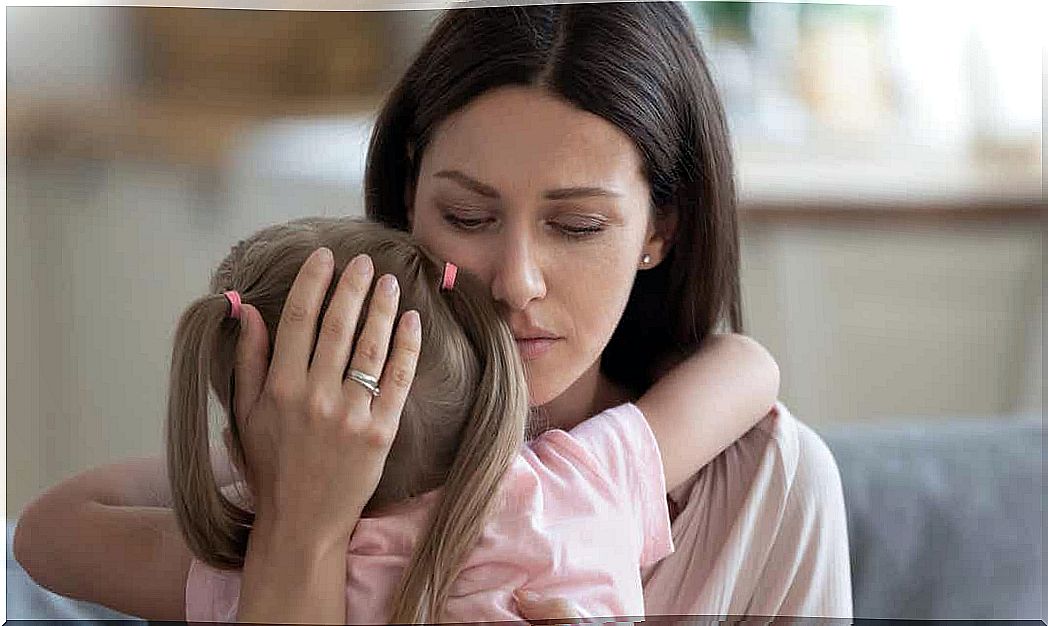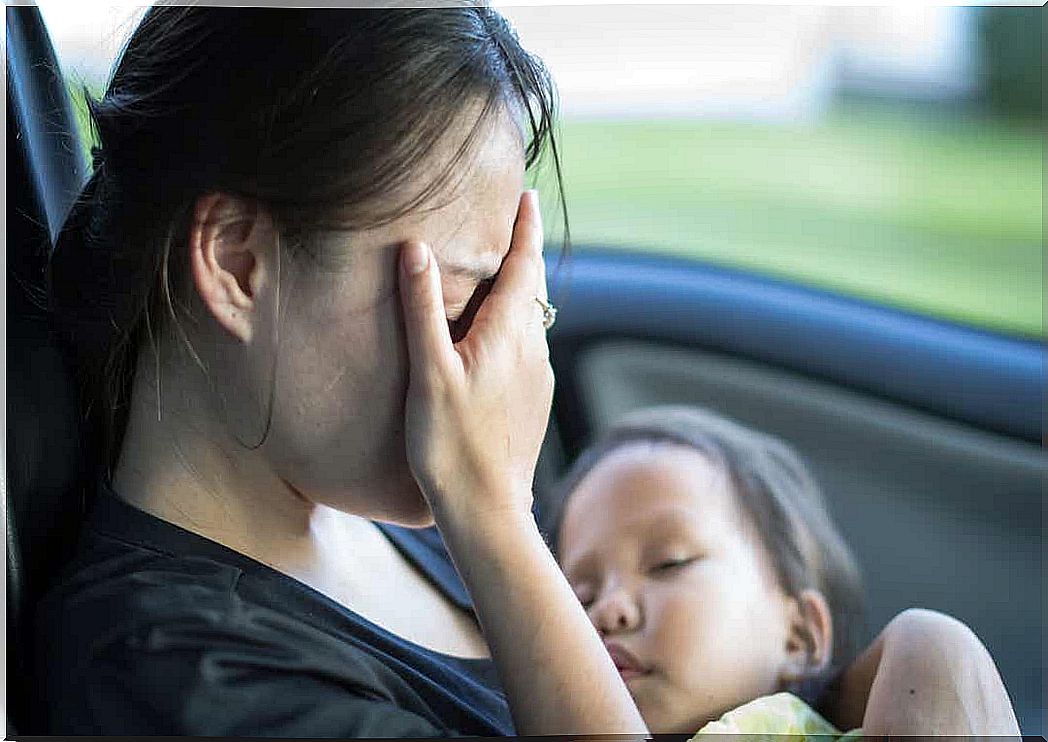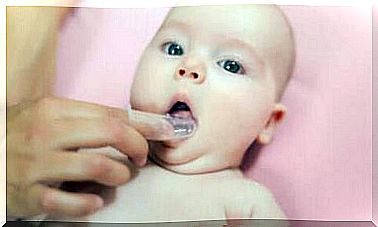How Parental Unhappiness Affects Children

From the moment a child is born, their parents do everything they can to protect them, make them feel loved and make sure they enjoy their childhood. That’s why some adults may focus so much on their babies that they forget the importance of their own well-being. However, parental unhappiness affects children much more than it seems at first glance.
A parent’s unhappiness can come from many different sources. Perhaps the couple’s relationship has stopped working, but both parents stay together “for the sake of their children.”
Perhaps one of them is suffering from an illness or condition such as depression or is simply not satisfied with his life. These internal states affect the home environment, their performance as parents and the example they set for their children, and affect their well-being in various ways.
Parental unhappiness affects children in different ways

We all know that witnessing screaming, fighting and arguing is harmful to children’s emotional development. However, there are other forms of unhappiness that are apparently less visible, but with an equally relevant impact.
Children are very sensitive and observant. They can easily pick up on the emotional states of adults in their lives. Therefore, even if you try to hide your unhappiness from your child, it will still make a dent in their developing psyche. This is why.
Guilt and fear
While children can feel the unhappiness of adults, they don’t always understand why. Usually they infer that they should be responsible, that they have done something wrong and that their parents are angry or upset because of this. This can cause great guilt and low self-esteem.
In addition, babies must adapt to their environment and gain the approval of the adults on whom they depend. For the same reason, they may experience great anxiety when they try unsuccessfully to change their parents’ mood. Or they may feel that they have to act a certain way so as not to make the situation worse.
When this stress continues and their bodies continue to release large amounts of cortisol, related health problems can even arise.
Poor parenting skills
Parenting skills are all actions of the parents that are aimed at the best interests of the child. These include:
- Establishing a good bonding bond.
- Stimulate the development of the child.
- Protecting the child.
- The care of the child.
However, when a person is unhappy, he is not in the best position to care for someone else.
For example, studies have shown (Spanish link) that mothers who suffer from depression are less sensitive to their children’s needs and do not respond adequately to them. This affects the relationship between the two and the children experience a lack of attention and affection.
An inadequate example
At the same time, keep in mind that you as a mother are one of the most important role models for your child. They watch you as they learn to deal with the world; they observe your reactions, behaviors and attitudes and internalize your way of thinking, feeling and acting as their own. If you’re unhappy and don’t adequately address the circumstances that make you unhappy, you’re setting the wrong example.

Of course, adults also feel sadness, anger or frustration. It’s fine for kids to see that because it helps normalize those emotions. However, it is important that you take responsibility for yourself and take the right steps to improve your well-being.
For example, going to therapy, ending a relationship if it is harmful, strengthening your social relationships, etc. Try to be an example of positive coping for your children rather than an expression of pessimism and self-neglect.
The importance of dealing well with parental unhappiness
Even though you are a mother, you are human and you still have the right to feel pain, disappointment and other negative emotions. However, if you don’t want this to affect your kids, it’s important that you learn how to deal with it.
First, make it clear to them that they are not responsible for your mood, that you are an adult, and that they don’t have to worry about taking care of you. And at the same time, try to find the resources you need (psychological, emotional or social) to turn this unfortunate situation around. If your children see that you are handling it well, they will also learn a valuable lesson.









